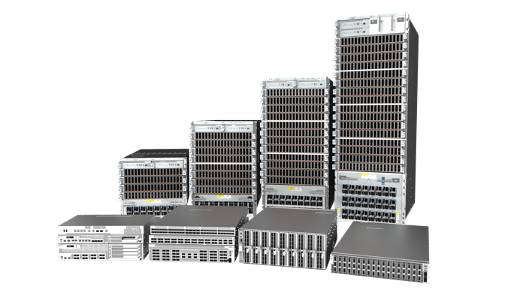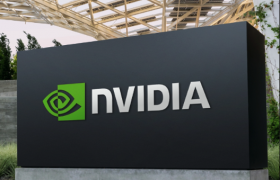HPE Looks Likely to Lose Its Juniper Deal

Hewlett Packard Enterprise (HPE) faces an uphill battle to defend its proposed $14 billion purchase of Juniper Networks. And though HPE vows to fight on after the U.S. Department of Justice sued to block the merger last week, the prospects of winning before the deal’s end-date October 9, 2025, are starting to look thin. It hasn’t helped that the companies reportedly refused to agree to allow the DOJ more time for consideration.
“The US Justice Department's Jan. 30 lawsuit to block Hewlett Packard's bid to acquire Juniper Networks makes a solid case at this stage, we believe, based on the complaint,” wrote Jennifer Rie, senior litigation analyst with Bloomberg Intelligence, in a note last week. The DOJ’s case, she maintains, is “difficult to rebut.”
In its complaint, filed in the Northern District of California, the DOJ focuses in on the potential effects the Juniper merger could have on the wireless LAN (WLAN) market. The DOJ maintains that HPE and Juniper need to continue as rivals to keep the market for wireless LANs competitive. Further, the DOJ says that since HPE and Juniper account for the major competition against WLAN market leader Cisco, unifying them would reduce the leading competitors to two companies holding 70% of the WLAN market.
Here’s a quote from the DOJ’s Acting Assistant Attorney General Omeed A. Assefi, from the agency’s press release:
“HPE and Juniper are successful companies. But rather than continue to compete as rivals in the WLAN marketplace, they seek to consolidate — increasing concentration in an already concentrated market. The threat this merger poses is not theoretical. Vital industries in our country — including American hospitals and small businesses — rely on wireless networks to complete their missions. This proposed merger would significantly reduce competition and weaken innovation, resulting in large segments of the American economy paying more for less from wireless technology providers.”
HPE Cries Foul Against the DOJ
To access the rest of this article, you need a Futuriom CLOUD TRACKER PRO subscription — see below.
Access CLOUD TRACKER PRO
|
CLOUD TRACKER PRO Subscribers — Sign In |















